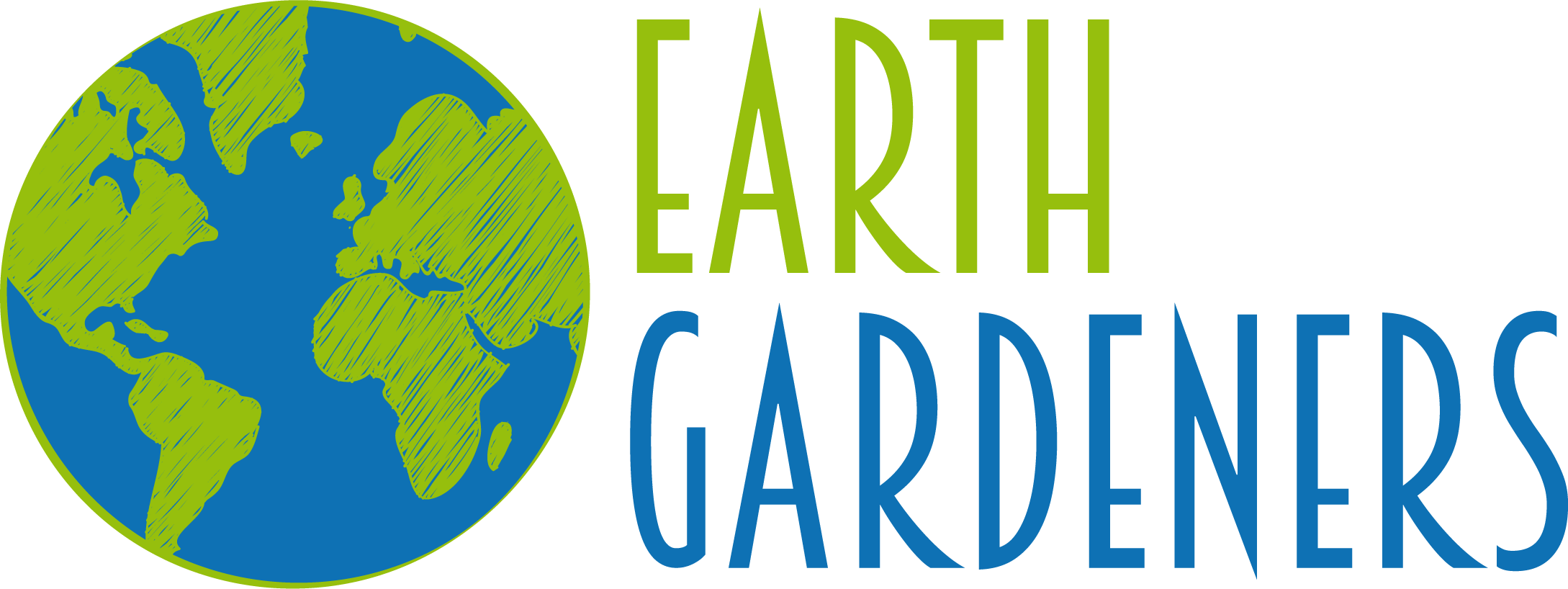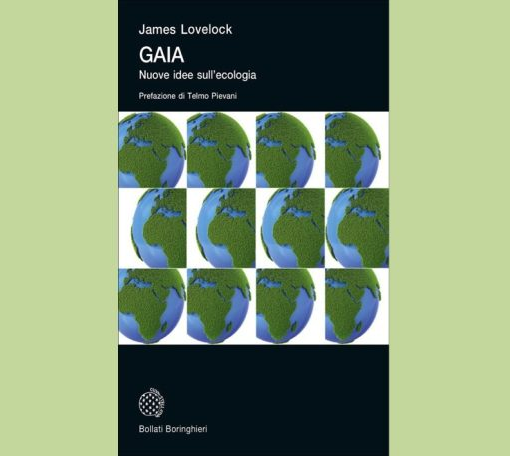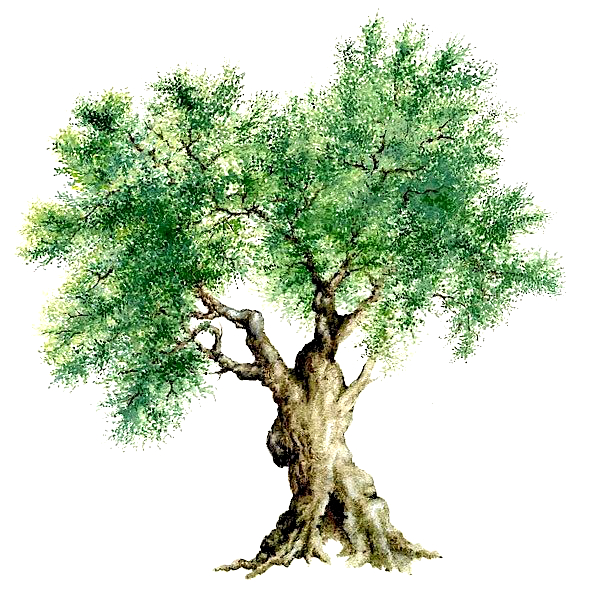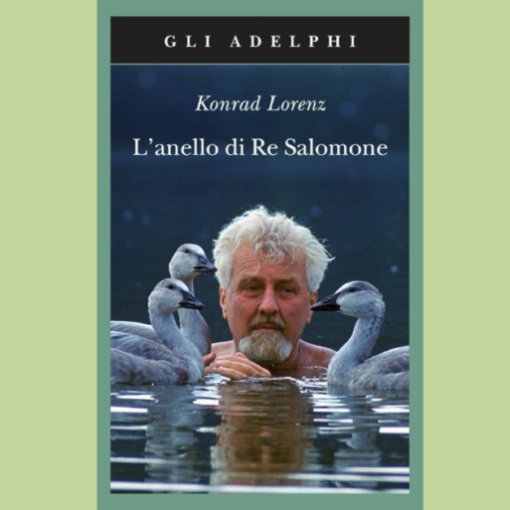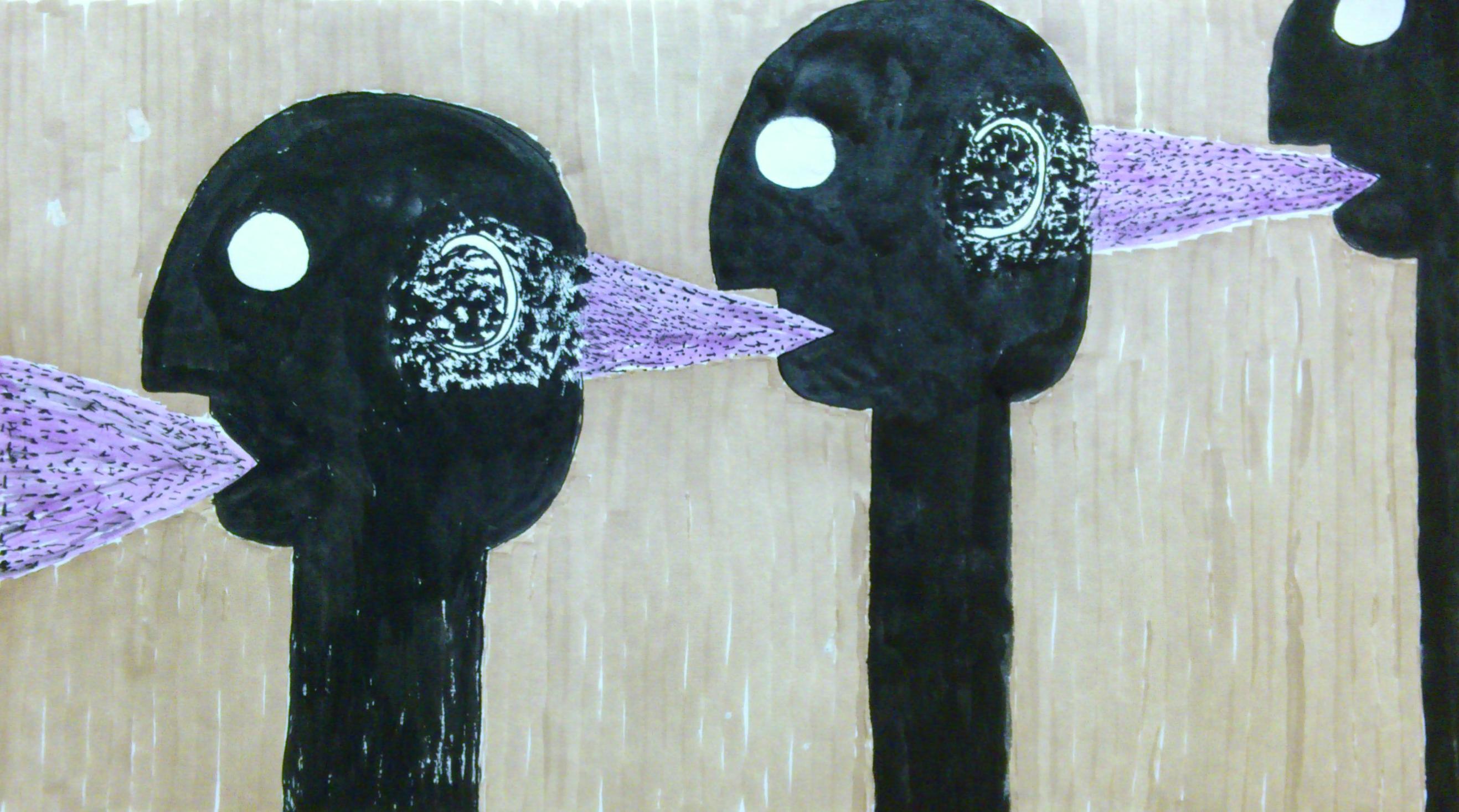
When, many years ago, I collaborated with Professor Attilio Marcolli in organizing the first Environmental Design courses at the IED in Cagliari, I discovered that my visual design knowledge could contribute to the formation of young and creative environmental designers: the teachings of balance, essentiality, formal cleanliness, simplicity, correct hierarchy of information would have allowed me not only to train the students to the rules of basic design, but would lead me, eight years later, to cover a decade immersed hands, feet and head in web design and accompanied to date, to make communication in the era in which communication is, definitively and irreversibly, global.
The ability to exchange, share, comment on information, news, knowledge has never undergone a capillarization and acceleration as in the last quarter of a century, with immense benefits from every point of view and equally huge inconveniences, from a minimal principle but very soon increased in proportion to the diffusion and diversification of communication means: we started with teletext and text messages, today we read and write on PCs, phones, tablets in real time and without interruption.
The consequence of this communication hyperproliferation is the most classic of double-edged weapons. In fact, on the one hand he gave back, to quote the musician Frankie Hi-Nrg, ‘power to speech’, in particular to the written one, placing it again at the center of communication, specifically the visual one in the third millennium, as in the early days of the graphics commercial, is based on the ‘design of the word’ (which is then the essence of the logo). On the other hand, it has ‘democratically’ offered to millions of people the opportunity to write and make public their thoughts – or to approve, criticize, blame, comment, share a thought of others – on any topic of human knowledge, regardless of the ability expressive, both from the effective competence.
In short, if common sense would like that, to put a concept on black and white potentially accessible to millions of people, the writer had it clearly and possessed the grammatical, spelling, syntax minimal to be able to do with simplicity and decorum, the sad reality is that all-write-everything-always-and-anywhere and no, it’s not a beautiful reality. Not in a country where an abundant third of the population suffers from functional illiteracy, not to mention the other forms of illiteracy that are not pathological but no less harmful.
The result is an unstoppable, euphoric, hysterical and self-injured race to the writer worse, an irrepressible contribution to a form of verbal pollution to which you can not place bank and that, now, overflowed by the pit of social networks to invade the creative writing, persuasive, journalistic.
The liberation / liberalization of the word, in itself extraordinary, has become the pretext for the use of the most vulgar language in every context, of the mutual insult as a common thread of interminable debates on themes that deserve other (and high) words like science, art, literature, society, replacing the dialectic and the capacity but, first of all, the desire to argue, to point out, to counter, respecting both the merit of the discussions and the interlocutor. For the sake of peace of dialectical agony but also of peaceful and amiable discussions among civilians.
One of the most devastating aspects of verbal pollution is precisely violence, aggression, the outburst of those who cut down words like clubs on a politician, a famous person, an “enemy” fan or those who represent a form of cultural, linguistic diversity. , sexual, religious. A point of no return that feeds itself, where hatred calls another, the violence is renewed and increases, the level of the clash rises, that of good communication is canceled and the writer worse collects more consensus and is believed, for this , legitimized to persevere.
But it is not the worst ever, given the way in recent times, even in our latitudes, the senseless use of fake news has devastated and undermined the foundations of information, depriving it of value and authority without that – and this is one of the most serious aspects – nobody really does anything to preserve its value.
Many people like to remember the words pronounced in Turin in 2015 by Professor Umberto Eco on users of social media: “Social media give the right to speak to legions of idiots who spoke only at the bar after a glass of wine, without damaging the community. They were immediately silenced, while now they have the same right to speak as a Nobel Prize. It is the invasion of idiots “.
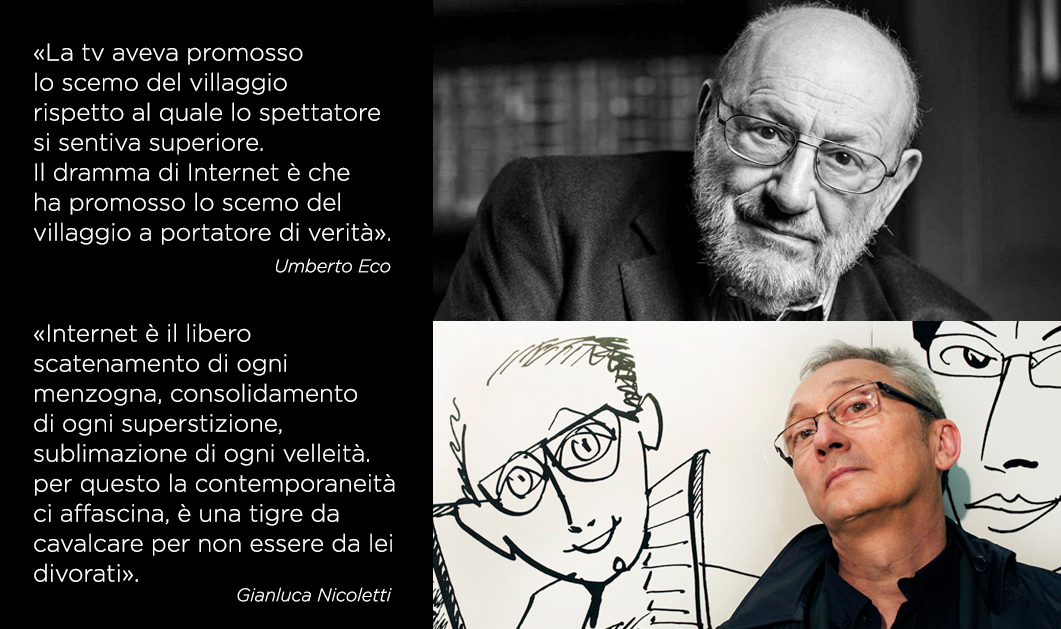
The impression is that many in these years have filled the mouth of the professor’s thought without grasping the essence, only to be able to boast of the use of the term ‘imbeciles’ with the griffe of a famous author. Who has understood well and, with the intelligence and the beautiful writing that distinguishes it, has indeed replicated, indeed, re-launched in the form of an ambitious and engrossing cultural challenge, it is Gianluca Nicoletti, who on La Stampa describes honestly how ” finally we can measure ourselves with the most realistic rate of stupidity of which humanity has always been imbued. It was too easy for any intellectual, or thinker, to measure himself solely with the symposium of his kind “; on the other, it supports the role, the salvific responsibility of those who make culture and information, without hiding how difficult it is to respect even just a few decades ago: “Today the truth must be defended in every corner, doing it costs labor, much less gratification, but above all it requires fighting skills to the white weapon: no thought is produced in the digital culture if one does not agree to stand side by side with the imbecile side of force “.
To live with the ‘enemy’ without being overwhelmed or, worse, involving. Here is the challenging idea of Nicoletti, the ‘mission’ that, without challenging the Sacred Vessel of Good Communication, has made his own and carries on with commendable consistency in his work as a journalist, writer, and popularizer.
Just us, communicators by trade and, often by vocation, we would have to understand and do something to stem this drift destined to leave only ‘smog’ verbal and rubble: in the best case we did not stop, at worst we have facilitated and even a ride, without evaluating its effects on a long term that is already here, present, and asks for the account of destroyed communication bridges, divulged cultural enclosures, ruined ethical walls.
Verbal communication is an environment to reclaim, restore, clean and, where still possible, preserve even if the voices of those who fight to make it seem suffocated by the unstoppable advance of verbal pollution. It is still possible to do a lot with little, go back to look for balance, essentiality, cleanliness, simplicity and the ability to make simple, immediate, accessible and correct what today appears smoky, dirty, messy, ungrammatical.
To cite his friend Nicola Montisci who, as a genuine and capable communicator, by profession and by talent, with rare gift of synthesis often dispenses pills of common sense to his followers: “we should be more balanced in our communicative outcomes”.
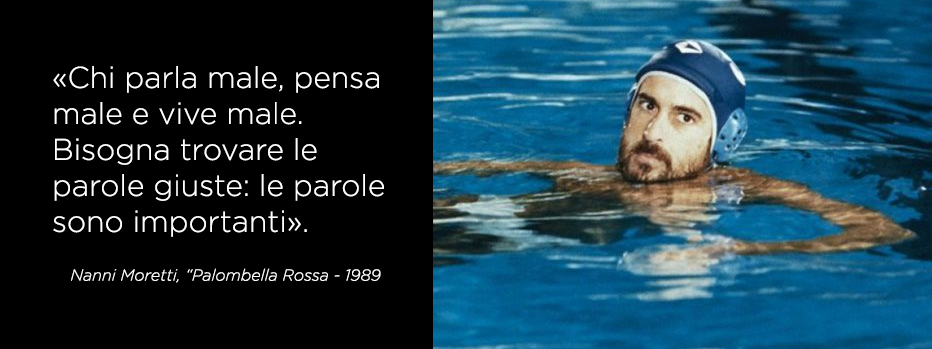
Credits
Author: Fabrizio Piredda is a freelance graphic designer and art director, specialized in UX and Product Design. He is an expert in integrated online and offline communication at a regional and national level. He curates events and publications in the field of environmental communication and the ethics of persuasive communication.
